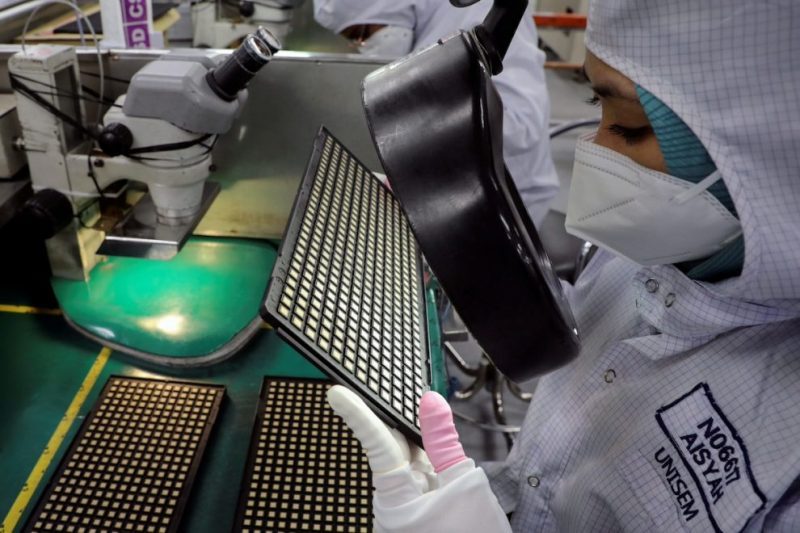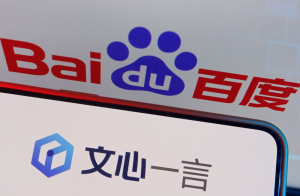Japan and the Netherlands will soon agree to join the United States in implementing curbs on exports of chip making equipment to China, media reports said on Friday.
Talks between the countries will conclude as early as Friday, reports said.
The Netherlands will restrict ASML, Europe’s largest technology company, from selling to China equipment for certain types of advanced chips. Meanwhile, Japan would impose similar restrictions on Nikon Corp, reports said.
Also on AF: ASML’s China Exports ‘Unchanged’ Amid Rising Chip Curbs Worry
Deputy chief Cabinet Secretary Seiji Kihara, a government spokesperson, said Japan would make “appropriate steps” based on regulatory moves by the United States and other nations. He declined to comment further when asked about Friday’s media reports.
The Dutch foreign ministry declined comment. Prime Minister Mark Rutte has said he expects to reach agreement with the US and other allies on stricter semiconductor controls but that the Netherlands will not simply adopt US rules. He will take questions at his weekly news briefing later on Friday.
Sources have told Reuters a deal between Dutch and US officials on expanding China chip curbs could be clinched by the end of the month. Representatives from the two countries will meet in Washington on Friday.
‘It’s about fairness’
“We have been in discussion with the United States and other countries regarding the export-control regime,” Yasutoshi Nishimura, Japan’s Minister of Economy, Trade and Industry, told reporters on Friday.
“We will implement any measures in accordance with our Foreign Exchange Law and through international cooperation,” he added, declining to provide further details.
The Japanese company most likely to be affected by the new curbs will be semiconductor manufacturing machinery maker Tokyo Electron. The company relies on China for about a quarter of its sales, said Masahiko Hosokawa, a Meisei University professor and former director general of trade control at the ministry.
“A balance needs to be struck so no one among Japan, the United States and Europe will be disproportionately disadvantaged. It’s about fairness,” he said.
Also on AF: US Chipmakers Selling Advanced Chips to China: ASML Chief
Getting the Netherlands and Japan to impose tighter export controls on China would be a major diplomatic win for the US. The Biden administration announced sweeping restrictions on Beijing’s access to US chipmaking technology in October in an effort to slow its technological and military advances.
Without Japanese or Dutch cooperation, US companies would face a competitive disadvantage.
Dutch officials have insisted that fresh chip curbs against China address national security concerns rather than favour US companies, a source familiar with the discussions said.
Japan expects sales at affected chip-related companies to rebound quickly because the market for their equipment is expanding, a trade and industry official involved in overseeing semiconductor firms said. He asked not to be identified because he is not authorised to speak to the media.
- Reuters, with additional editing by Vishakha Saxena
Also read:
ASML’s Taiwan Expansion Signals Chip Sector’s Next Big Leap
US Extends China Chip Curbs to Macau Over Tech Diversion Risk
China Gambles on Graphene to Win the Global Microchip War
Nvidia Offers New Chip to China That Meets US Limits
Infographic: ASML in the Centre of the US-China Chip War
























